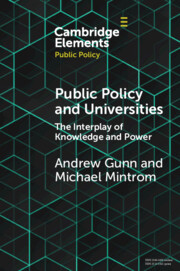The “new institutionalist revolution” in social sciences has led to a repositioning of social norms to the forefront of the pre-analytic vision in institutional theory and to the consolidation of the contextual analysis approach. That has significant epistemological, methodological, and political philosophy implications. This essay follows the logic of these developments showing: (a) why they inherently lead to the feasibility problem, the key of applied theory, toward which both contemporary philosophy and institutional analysis converge from different venues; (b) how feasibility is a nexus of empirical, counterfactual, normative, and contextual elements, that is, something more complex than a mere matching between empirical reality and institutional design; (c) what are the governance implications of all of the above, with an emphasis on an alternative approach (distinctive enough to circumvent both the conservative averseness to intervene and progressive drastic interventionism) and in which the public choice process is seen mainly as endogenized, socialized, and institutionalized, as opposed to formalized, intellectualized, and externalized.


